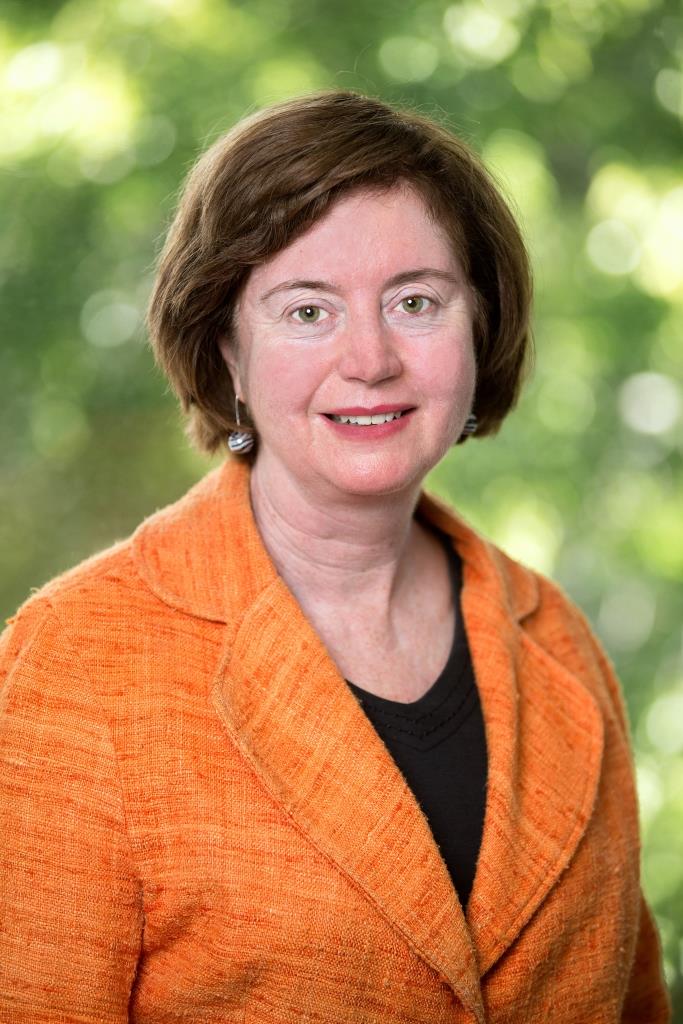By Jo-Anne Bragg OAM
Almost exactly 30 years ago, I was employed as the first and sole Solicitor at EDO Queensland. So from the outset, EDO’s Queensland legal staff were 100% female — an early win for gender equality in the male-dominated legal profession. My office was a kind of largish cupboard next to the Wildlife Preservation Society, and immediately on arrival I was hard at work with the leading Queensland conservation groups, known locally as the “Six Pack”.
It was an exciting time to contribute to environmental law reform in Queensland, to take key reforms to the policy makers. EDO Queensland had put out its first publication, the landmark Environmental Law Reform in Queensland (by Maria Comino with Adrian Jeffrey). Climate change was not a “thing” back then. But there was a Tsunami of new legislation under the Goss State government, and it covered environmental matters, nature conservation, wet tropics and badly needed accountability legislation such as freedom of information and judicial review.

I led successful advocacy for inclusion of community enforcement rights in the Queensland Environmental Protection Act 1994. It took another 11 years and joint advocacy work with Dr Carol Booth to gain those rights in the Queensland Nature Conservation Act 1992. Barrister Dr Christopher McGrath and EDO then represented Dr Booth in State Courts, using those rights in successful litigation against illegal flying-fox killings.
Thankfully, throughout this period I enjoyed the friendship, support and guidance of a number of other women who were leading Queensland’s conservation movement in the early 90s. Diane Tarte at the Australian Littoral Society (now the Australian Marine Conservation Society), Dr Aila Keto at the Australian Rainforest Conservation Society and Rosie Crisp of the Queensland Conservation Council. They all taught me things I needed to know about advocacy, teamwork and timing. Not to mention good-humoured lessons on how to interpret puzzling Queensland slang like “Straddie” and “The Ekka”. After all, I was from Sydney.
And I do want to acknowledge the work of earlier generations of women in the 60s and 70s who literally took to the streets to protest for women’s rights. I strongly recommend the documentary Brazen Hussies about that period of the women’s liberation movement in Australia. One of the fruits of that passionate advocacy is the landmark Commonwealth Sex Discrimination Act in 1984 that passed when I was at university. That Act gives effect to Australia’s international human rights obligations and promotes equality between men and women in crucial areas such as employment. Yet recent revelations about appalling treatment of women in the Australian Parliament and other institutions showed so much more action is needed to protect human rights of women in this country.
On International Women’s Day 2022, it’s worth recalling that nearly two years ago lawyers across Australia were reading a public statement of the Chief Justice of the High Court, the Hon Susan Kiefel AC, made after an independent investigation into allegations against prior Justice Dyson Heydon AC QC, who denies the allegations. Her Honour apologised on behalf of that court to six former staff members — judges’ associates — who were found to have been harassed. Recommendations made by the independent investigation had been adopted and acted upon by the High Court to make sure the experience of those women, young judges associates, would not be repeated.
This statement by the Chief Justice encouraged other leading lawyers to take action. Many spoke out publicly against harassment and most importantly, adopted clearer workplace policies to respect staff and provide more effective confidential complaints mechanisms concerning discrimination.
EDO is actively seeking to respect the diversity of our staff and clients and to avoid discrimination including discriminatory treatment of women. EDO has a Justice, Equity, Diversity and Inclusion committee to promote and encourage improved policies, procedures and culture within our organisation.
And numbers do say something powerful about culture, power and opportunity. Today, our EDO staff as a whole comprise 76% female and 24% male. Our executive team is 60% female, 40% male. By contrast in Sydney in 1991, before I took up the role with EDO, in my Company and Commercial law group at Minter Ellison, around 85% of lawyers were male, and 15% female.
I want to publicly say how proud I am to be part of the legal profession when such leadership is being shown and implemented.
As I write, destructive floods have engulfed parts of South-East Queensland and parts of New South Wales causing immense economic and personal losses. An article by Nick O’Malley (SMH) on the recent IPCC Report on climate impacts, includes that flash floods are Australia’s most expensive disasters, averaging $8.8 billion per year. We read a grim picture of a future of heat, fire and floods.
Effective action to mitigate our emissions and take adaptive measures is desperately needed. Yet what is not always appreciated is that the greatest impact within Australia will be on the most disadvantaged members of our community, with the least financial resources, including First Nations peoples and women.
Climate justice is an existential issue, a social justice issue, an ecological issue — but also, a crucial feminist issue too that deserves attention on International Women’s Day.





